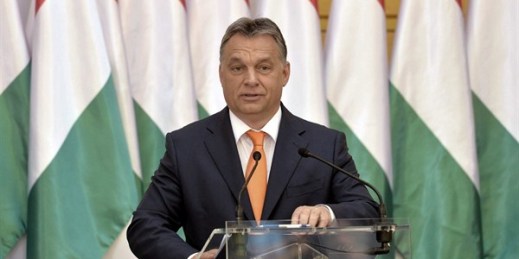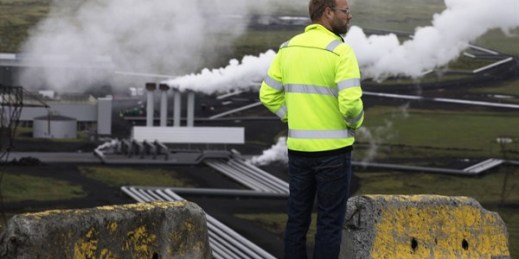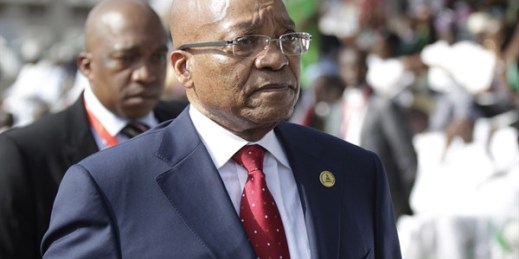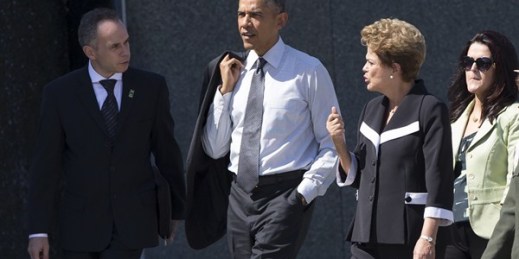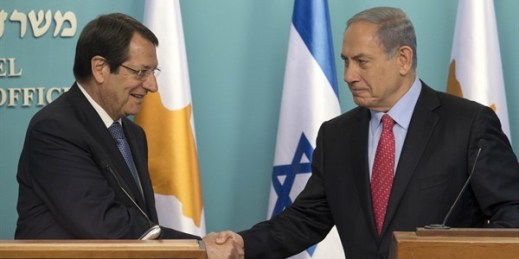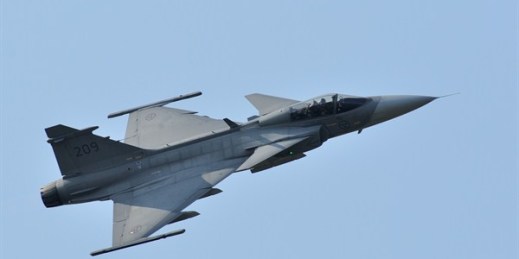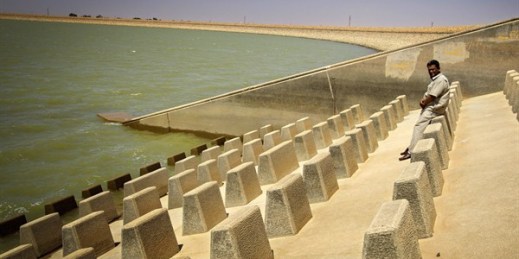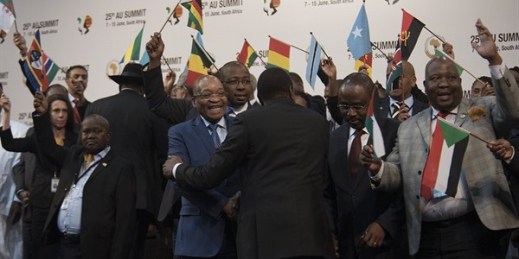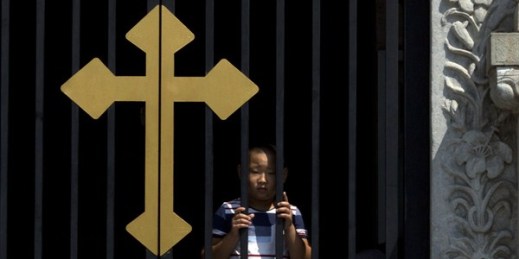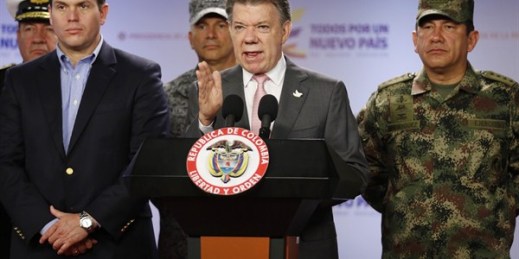
After almost three years of talks, Colombia’s peace negotiations with the FARC guerrilla group will end soon—with or without an agreement. Amid an uptick in violence in recent months, Humberto de la Calle, the government’s chief negotiator, said in a July 5 interview with the Colombian media, “It’s clear to me that the process is coming to its end, for good or ill. It could be because we’ve reached an accord, as we’re in the homestretch of the fundamental issues [on the negotiation agenda]. Or for ill, if—as is happening—Colombians’ patience runs out.” Two days after de la Calle’s interview, […]

